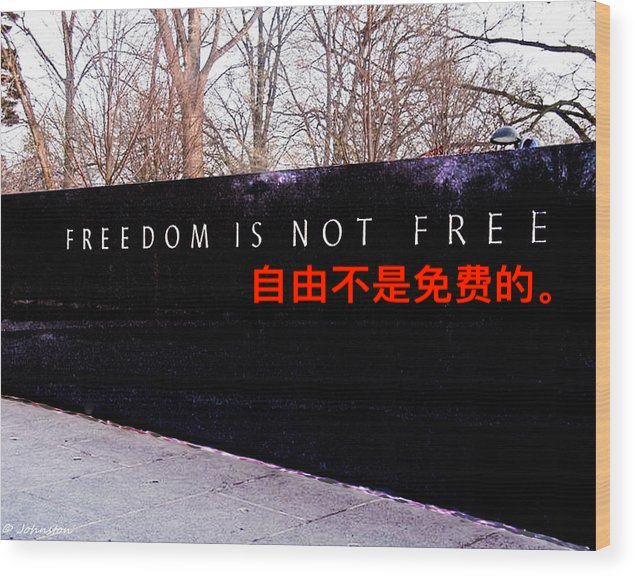在支持酷刑受害者国际日(International Day in Support of Victims of Torture)到来之际,我们纪念和支持世界各地的受难者和幸存者。这是《联合国禁止酷刑和其他残忍、不人道或有辱人格的待遇或处罚公约》(UN Convention Against Torture and Other Cruel, Inhuman or Degrading Treatment or Punishment)生效的周年纪念日;迄今已有包括美国在内的166个国家批准了这项公约。美国承诺运用一切现有手段,促使酷刑行为者承担责任。他们的行径给受害者造成人生摧残。悲哀的是,我们继续接到世界各地发生酷刑的报告。
伊朗政权使用多种正规和非正规规定的酷刑,压制和惩罚民众。正规规定的酷刑方式包括鞭笞,致盲,石刑和截肢。伊朗官员还以非正规规定的方式,通过性强暴施加残酷折磨。我们对此予以最强烈的谴责。
在中华人民共和国,100多万新疆维吾尔族人、哈萨克族人,吉尔吉斯族人和其他以穆斯林为主体的少数民族的成员被任意关押在拘留营,许多人报告在那里受到酷刑。北韩政权也继续将酷刑作为其拘留设施中的常规做法,尤其是针对被强迫从海外返回的叛逃者——包括儿童。
我们再次谴责阿萨德政权大力施行的任意拘押和酷刑,我们继续要求立即释放所有被不正当和任意关押的人,包括叙利亚妇女和儿童,他们的唯一罪行是要求改革和变化。此外,我们重新呼吁俄罗斯联邦当局停止让据报发生在车臣共和国的任意拘押和酷刑行径逍遥法外。
我们同样要求尼加拉瓜和古巴政权以及委内瑞拉非法的马杜罗政权不要用酷刑压制异议声音,并且停止对人权和基本自由权利的专制压制。我们都记得,一年前,高级专员巴切莱特到委内瑞拉,努力调查委内瑞拉人被施以残忍酷刑的情况。数日后,阿科斯塔·阿雷瓦洛(Acosta Arevalo)上尉因遭受恶毒的酷刑死亡。
此外,津巴布韦政府动用国家支持的暴力镇压人民。这包括有报告所说的以绑架和酷刑手段压制公民社会,包括劳工领袖和反对派人士。尤其令我们担忧的是,最近有三名女性反对派领袖——乔安娜·马蒙贝(Joanna Mamombe)、塞西莉亚·奇姆比里(Cecilia Chimbiri)和内萨伊·马洛瓦(Netsai Marova)——在参加和平示威时遭到绑架、虐待和性侵。她们仍被关在监狱,不准许获得保释。
这些国家仅是全世界许多继续通过使用酷刑压制异议声音、逼供和实施法外惩处的政府当中的几个例子,这些行为违背法治。值此支持酷刑受害者国际日,我们呼吁所有政府采取行动,防止酷刑,使酷刑幸存者得到补偿和康复,并且将施酷刑者绳之以法。
On the International Day in Support of Victims of Torture, we honor and support victims and survivors throughout the world. We observe this day on the anniversary of the date on which the UN Convention Against Torture and Other Cruel, Inhuman or Degrading Treatment or Punishment came into effect; 166 countries including the United States have since ratified the Convention. The United States is committed to using all available tools to promote accountability for those who engage in these practices, which can destroy the lives of victims. Sadly, we continue to receive reports of torture from across the globe.
The Iranian regime employs a wide range of officially and unofficially sanctioned torture to repress and punish members of its population. Officially sanctioned forms of torture include flogging, blinding, stoning, and amputation. Unofficially, Iranian officials have also inflicted torture through sexual violence, which we condemn in the strongest terms.
In the People’s Republic of China, more than a million Uyghurs, ethnic Kazakhs, Kyrgyz, and members of other predominantly Muslim minority groups in Xinjiang have been arbitrarily detained in internment camps, where many report torture. The North Korean regime also continues to employ torture as a standard practice in its detention facilities, particularly against defectors—including children—forcibly returned from abroad.
We additionally condemn the Assad regime’s campaign of arbitrary detention and torture, and we continue to demand the immediate release of all wrongfully and arbitrarily detained persons, including Syrian women and children, whose only crime was to call for reform and change. Moreover, we renew our calls for Russian federal authorities to end impunity for reported arbitrary detention and torture in the Chechen Republic.
We similarly call on the regimes of Nicaragua and Cuba and the illegitimate Maduro regime in Venezuela to refrain from using torture to silence dissent and to cease authoritarian repression of human rights and fundamental freedoms. We all remember that a year ago, High Commissioner Bachelet was in Venezuela, attempting to investigate brutal acts of torture against Venezuelans. Days later, Captain Acosta Arevalo died because of the vicious acts of torture committed against him.
In addition, the Government of Zimbabwe employs state-sponsored violence to repress its population. This includes reported abductions and torture to repress civil society, including labor leaders and opposition figures. We are particularly alarmed by the recent abduction, abuse, and sexual assault of three female opposition leaders – Joanna Mamombe, Cecilia Chimbiri and Netsai Marova – while participating in a peaceful demonstration. They remain in jail, where they have been denied bail.
These countries are only a few examples of the many governments around the world that continue to use torture to silence dissent, coerce confessions, and extract extrajudicial punishment, actions which are antithetical to the rule of law. On this International Day in Support of Victims of Torture, we call on all governments to act to prevent torture, to provide compensation and rehabilitation for survivors of torture, and to bring those who engage in torture to justice.

